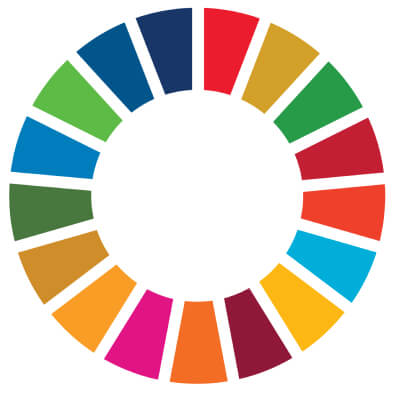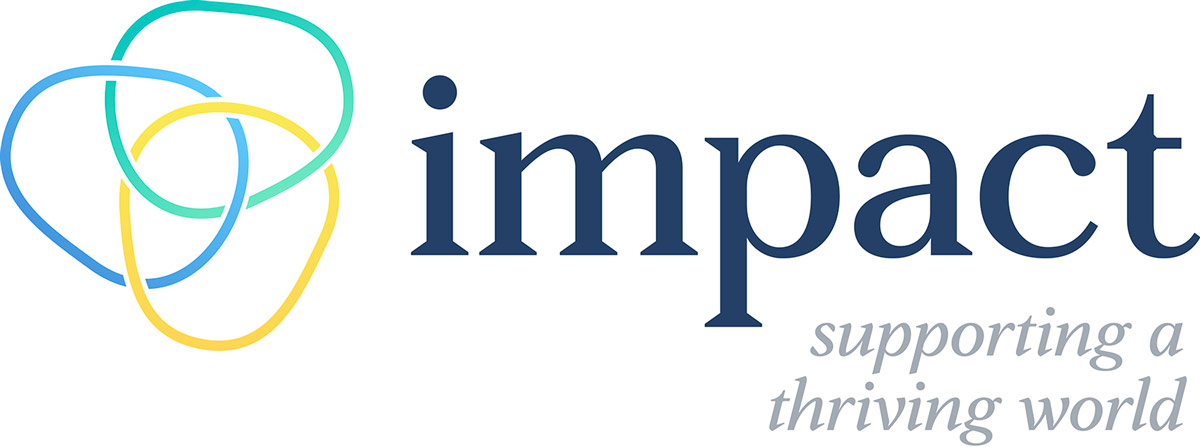Planet
By traveling responsibly, and in partnership with our global suppliers, we continually search for – and identify – opportunities to reduce our environmental impact worldwide, such as our small group experiences. We support renewable energy projects and carbon offset programs, promote waste reduction and develop recycling initiatives to ensure a healthier planet for future generations.

Sustainable Development Goals
The United Nations has established 17 Sustainable Development Goals (SDGs); adopted by all United Nations Member States, they aim to address global challenges and achieve a better and more sustainable future for all. We are aligning our efforts with this framework of UN goals as sustainable travel protects our planet, preserves cultural heritage, and supports communities.
Our Sustainable Development Goals for the Planet emphasize minimizing our environmental footprint. We seek innovative ways to conserve energy, reduce emissions, and protect ecosystems. By supporting green technologies, promoting sustainable tourism practices, and engaging in global conservation initiatives, we aim to ensure a healthier planet for future generations.
Clean Harbours Initiative
Country: Canada
Project: Removing Ghost Nets and Marine Debris in Newfoundland
Along Newfoundland's rugged coastline, abandoned fishing gear—known as ghost nets—along with tires and other debris, silently threaten marine ecosystems. The Clean Harbours Initiative, founded by former diver Shawn Bath, is tackling this issue head-on by retrieving these hazards from the ocean floor. With support from a Tauck grant, this grassroots organization aims to remove 100,000 tires, 10,000 ghost nets, and one million pounds of ocean trash, restoring the health of Canada's harbors. Their efforts not only protect marine life but also preserve the natural beauty of Newfoundland's waters for future generations. Follow their work on: Instagram: @cleanharboursinitiative Facebook: Clean Harbours Initiative X (formerly Twitter): @CleanHarboursNL
Stift Ehreshoven / Life Terra
Country: Germany
Project: Climate-Resilient Forest Restoration in North Rhine-Westphalia
In the forests of North Rhine-Westphalia, Germany, climate change and bark beetle infestations have devastated vast areas of spruce monocultures. Since 2019, nearly 2,000 acres have been lost, highlighting the urgent need for resilient reforestation strategies. With support from a Tauck grant, the Ehreshoven Foundation, in partnership with Life Terra—one of Europe's largest climate initiatives—is transforming its 3,700-acre estate into a climate-resilient mixed forest. Together, they have planted over 50,000 trees comprising 16+ drought-tolerant species, selected with guidance from scientists and forestry experts. This initiative not only restores biodiversity but also serves as a model for sustainable forest management in the face of global warming.
Learn more about the projectLove Queenstown
Country: New Zealand
Project: Restoring and Preserving Natural Ecosystems
Nestled in New Zealand's Southern Alps, Queenstown's breathtaking landscapes face increasing pressure from tourism and climate change. Love Queenstown is a community-driven initiative that unites visitors and the tourism industry to fund local environmental projects focused on climate, conservation, and biodiversity. Supported by a Tauck grant, this program aids efforts such as native reforestation, pest eradication, and the protection of endangered species. By investing in both immediate restoration and long-term sustainability, Love Queenstown ensures that the region's natural beauty endures for generations to come.
Learn more about the Love QueenstownGalápagos Conservancy
Country: Ecuador
Project: Rewilding expedition in the Galápagos Islands
In partnership with the Galápagos Conservancy, and as part of our commitment to protecting and preserving our planet and fragile ecosystems, Tauck is the first company to underwrite a research and rewilding expedition in the Galápagos Islands to help restore the populations of native tortoises. Driven to extinction on some islands, and on the brink of extinction on others, today only 10% of the original population remains. They are critical to the fragile ecosystems in the Galápagos, and Tauck is committed to helping restore the populations of these once thriving animals.
Learn more about the Galápagos ConservancyVictoria Falls Wildlife Trust
Country: Zimbabwe
Project: Rescue and Rehabilitation Program
The Victoria Falls Wildlife Trust is dedicated to the rescue, rehabilitation, and release of wildlife that have been injured or orphaned due to human interference (a large percentage of rescue cases are wildlife that have been trapped in wire snares by poachers). Their mission is to actively advance and promote environmental conservation and the sustainable use of indigenous resources in Southern Africa. Their vision: local and international communities across Southern Africa working together through effective management, to ensure natural ecosystems are sustained to the benefit of all.
Rescue and rehabilitation of wildlife has been at the core of the the Victoria Falls Wildlife Trust since it was established: "... we are called in on cases where wildlife have been injured or orphaned due to human interference and we will assist in looking after that animal. Where wildlife need veterinary or high-care beyond what we can provide in the field, we will bring it into our wildlife High Care Rehabilitation Facility until it is recovered and can be released safely into the wild."
Scylla, our riverboat partner
Scylla's mission is two-fold – to take care of guests and crew (through multiple programs to support their staff both on land and water) and to protect the environment. Regular hull cleaning ensures low water resistance while sailing and a cleaner-burning diesel fuel for direct emission reduction. Reusable water bottles help the environment; new water filters and systems ensure that untreated wastewater doesn't enter the rivers, and Scylla has utilized LED technology in addition to installing solar panels.
Learn more about ScyllaPonant & Sustainability at Sea
Ponant, our longstanding cruise partner, is a leader in sustainable tourism. They've launched a "Zero Single-Use Plastic" policy; reduced CO2 emissions as part of their zero emissions ambition; and upgraded their ships to include new equipment for waste management. Ponant earned Green Globe certification meeting 44 criteria – and their support for scientific research includes welcoming more than 100 scientists aboard Le Commandant Charcot last year with a focus on protecting marine ecosystems.
